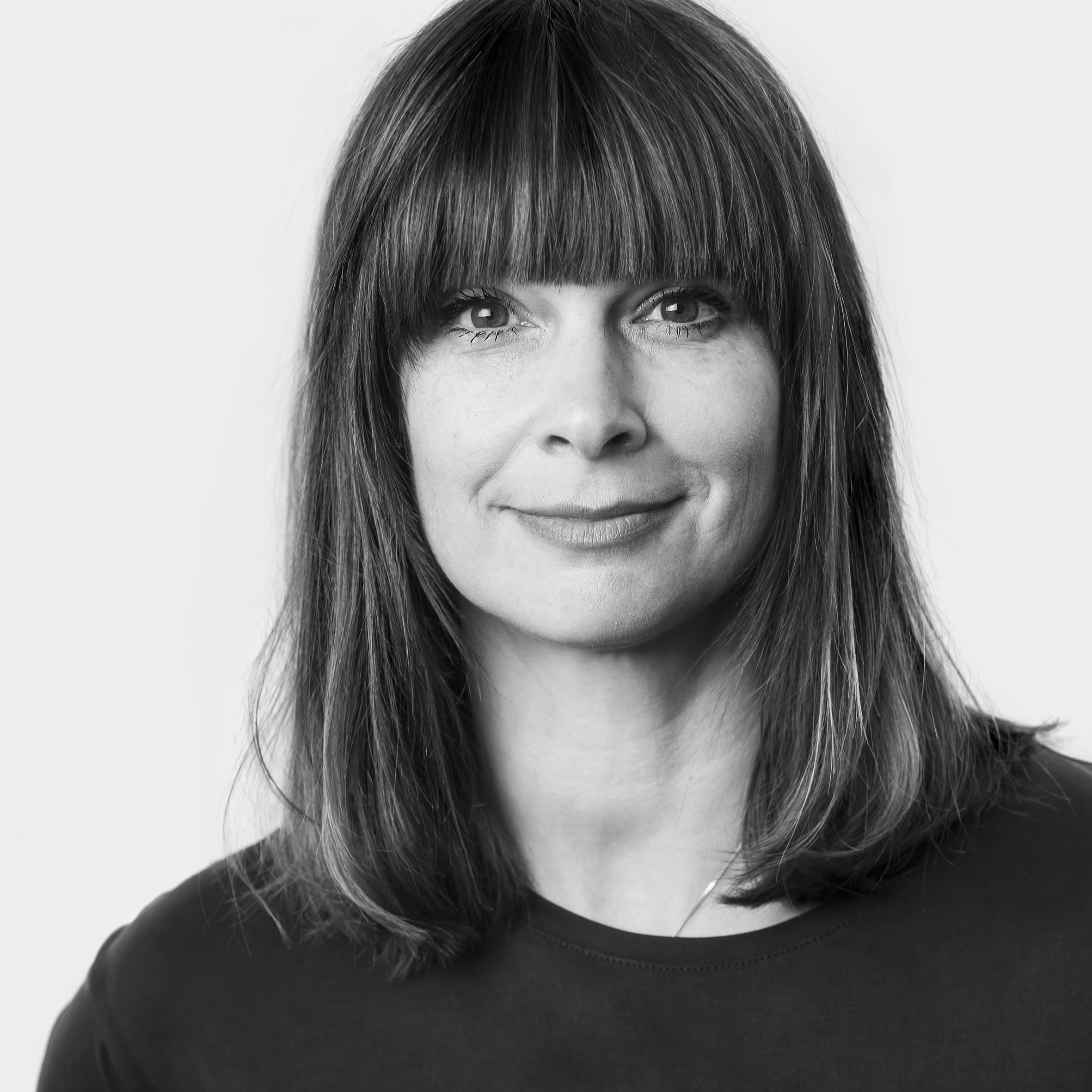Green claims are omnipresent and have almost become "good form" in various industries. However, many view green advertising critically (keyword: greenwashing). Consumer protection and competition associations regularly put advertisements using green claims to the test before court, especially with regard to their transparency.
The German Federal Court of Justice’s ruling of June 27, 2024 (I ZR 98/23) in the Katjes case was recently awaited with excitement and public attention. The well-known confectionery manufacturer had advertised in a food industry trade magazine with the statement "Katjes has been producing all products climate-neutrally since 2021". The advertisement featured a logo with the claim "climate neutral" and a reference to the website of the environmental consultancy "ClimatePartner". The crucial issue was that the manufacturing process of the advertised products was not CO₂-neutral, but relied on CO₂ compensation instead, which was not immediately apparent from the advertisement.
The German Federal Court of Justice has now ruled that advertisers must clarify whether the term "climate-neutral" refers to CO₂ reduction in the production process or mere CO₂ compensation, as using the term without this explanation is misleading.
The Kleve Regional Court initially ruled that Katjes’ advertisement was not misleading (judgment of 22.06.2022 - 8 O 44/21). The association for combating unfair competition (“Verein zur Bekämpfung unlauteren Wettbewerbs”) appealed, but the Düsseldorf Higher Regional Court upheld the first instance judgment on July 6, 2023 (20 U 152/22). The Court held that the average consumer understands "climate-neutral" to mean a balanced carbon footprint, achievable through both, savings and compensation measures. Still, the Düsseldorf Higher Regional Court (as later the German Federal Court of Justice) demanded clarification on whether the advertised climate neutrality was achieved through CO₂ savings in the production process or through compensation measures. However, the Düsseldorf Higher Regional Court found that advertising already meets this requirement if it provides consumers access to further information via a QR code or by naming a website.
The German Federal Court of Justice has now set stricter standards regarding the immediacy of information: advertisements using ambiguous environmental terms, such as "climate neutral", must therefore immediately clarify what makes the advertised product sustainable. Mere references to sources of information outside of an advertisement are not sufficient. They are viewed as misleading consumers and therefore violate competition law. This ruling is likely to have far-reaching consequences and prompts various companies to review their green advertising in order to meet its requirements.
Greenwashing is also on the European Union’s agenda. At the end of March, Directive (EU) 2024/825 on empowering consumers for the green transition came into force. Member states must implement this directive into national law by the end of March 2026. The directive imposes strict requirements for advertising with environmental claims, such as the need for certification of private sustainability seals by independent third parties. In line with the German Federal Court of Justice’s ruling in the Katjes case, advertising with vague terms, e.g. "sustainable", is prohibited unless sufficiently explained. Advertising that relies on the compensation of greenhouse gas emissions is completely prohibited, effectively banning advertising with claims of "climate-neutral" products unless the manufacturing process CO₂-neutral. Additionally, the Green Claims Directive is currently being drafted at European level, which will regulate further requirements for sustainability advertising. In March 2024, the European Parliament adopted its proposal on the EU Commission's original draft (see our overview from April 2023) and submitted amendments. The EU Environment Council published comments on this on June 17, 2024. A final version is expected in the following months after the EU trilogue procedure. Stay tuned.

